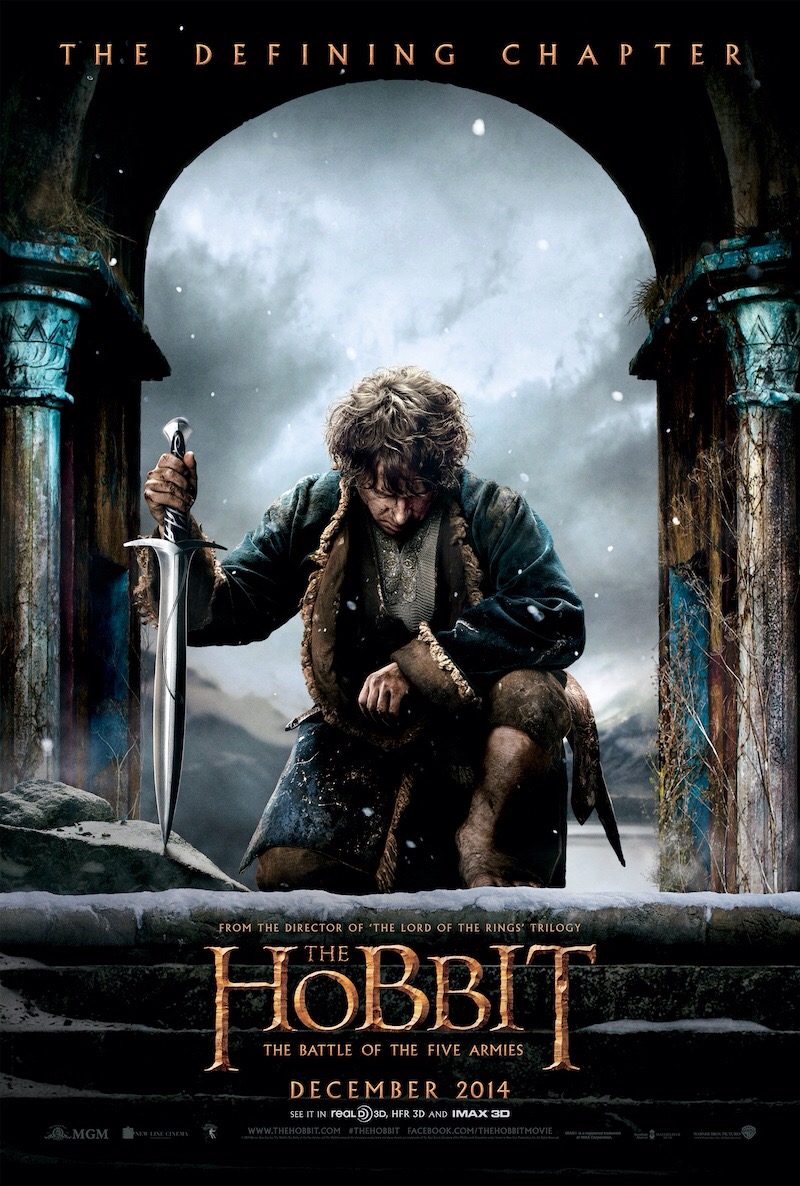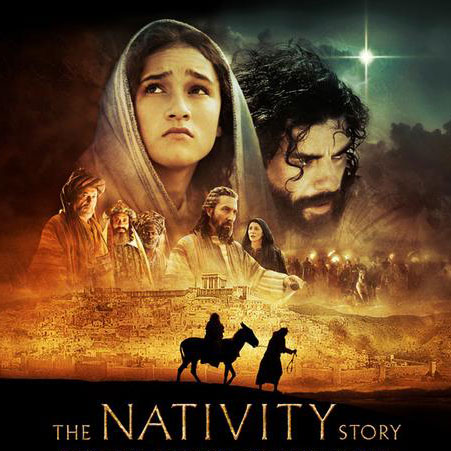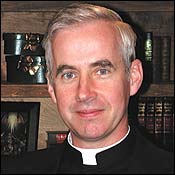The final instalment of Peter Jackson’s The Hobbit is really a tale of two films. It is the best of Hollywood, and the worst of Middle Earth.
If you want fast-paced visually-stunning all-absorbing entertainment — and who doesn’t like that on occasion? — then The Battle of Five Armies is for you.
But woe to anyone who shares the views Christopher Tolkien espoused in his critique of Jackson’s Lord of the Rings trilogy:
They eviscerated the book by making it an action movie for young people aged 15 to 25. And it seems that The Hobbit will be the same kind of film.
Is it ever! The titular battle in the Hobbit finale, which serves as the immediate prequel to Fellowship of the Rings, takes over an hour. It’s a lot of fun, but has Jackson really eviscerated Tolkien?
eviscerate (v) • ɪˈvɪsəreɪt/ • To deprive (something) of its essential content.
Sadly, yes.
In the final scene in Tolkien’s novel, Gandalf and Bilbo reflect on their adventures, and Bilbo expresses cynical scepticism. The small hero scoffs at the suggestion that his efforts fulfilled prophecies which preceded him. Gandalf’s reply is a mild reproof:
“And why not? Surely you don’t disbelieve the prophecies just because you helped them come about. You don’t really suppose do you that all your adventures and escapes were managed by mere luck? Just for your sole benefit? You’re a very fine person, Mr. Baggins, and I’m quite fond of you. But you are really just a little fellow, in a wide world after all.”
In other words, Gandalf is counselling against the solipsism which we should have left behind at the age of two, when we realised that we’re not the centre of the world after all. We’re part of something which transcends us, and which makes us greater. (Bilbo, to his credit, is humbled. “Thank goodness for that.”)
In the movie version, Gandalf’s reproof is radically diminished. Jackson removes all mention of prophecy or providence, and instead the dialogue serves to reveal Gandalf’s knowledge of the magic ring Bilbo thought he had concealed. This is one of the ways, I think, that Jackson has “eviscerated” Tolkien’s larger themes.
On the other hand, Jackson magnifies some of Tolkien’s other themes. The ‘dragon sickness’ which afflicts King Thorin rivals the lust which the One Ring arouses in The Lord of the Rings.
In a similar way, Bilbo’s simplicity and integrity is magnified, so that his heroism rivals that of Frodo and Sam in in The Lord of the Rings.
It could be argued, I think, that Jackson had invested in The Hobbit the sort of epic morality Tolkien may have adopted had he written it after The Lord of the Rings. That’s speculation though. We know what Christopher Tolkien thinks of Jackson’s efforts. Who knows what his father would say?
In any event, The Hobbit finale is an excellent film if you’re looking for harmless entertainment, and a moderately fair film is you’re seeking Tolkienesque wisdom. Only purists, I think, will walk away unsatisfied.






Recent Comments